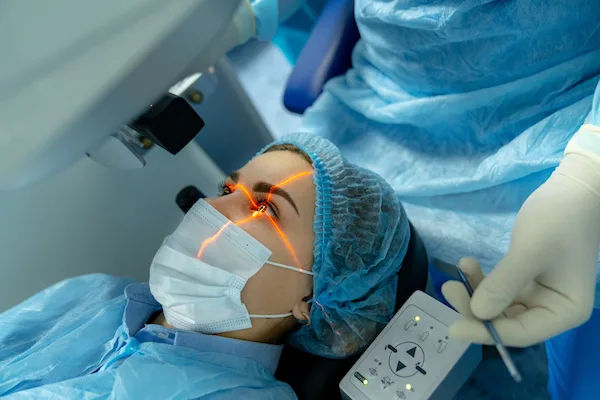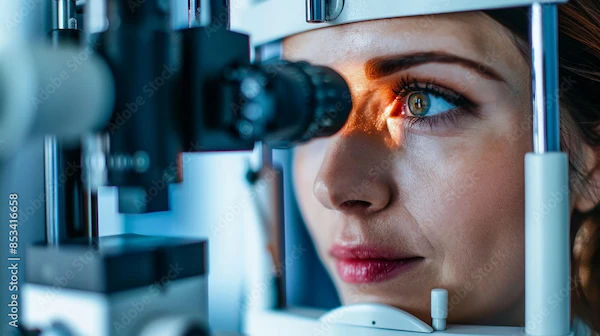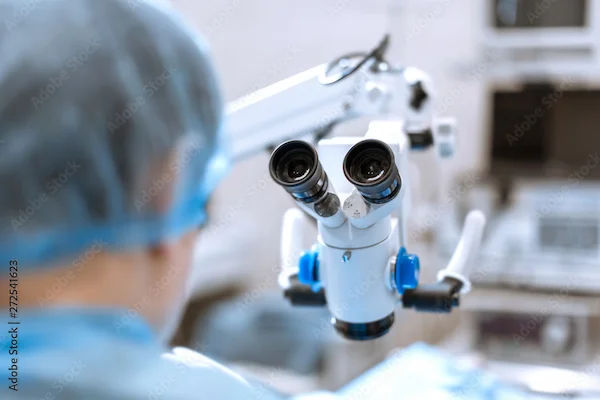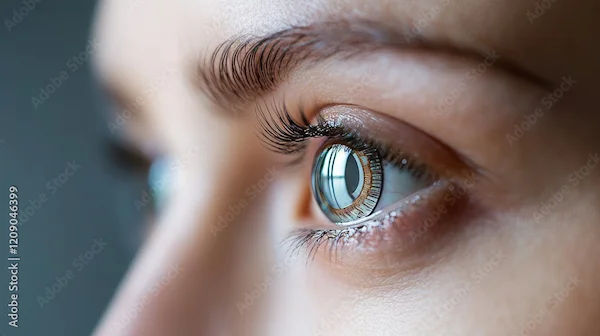Difference Between Laser And Cataract Surgery
Discover the key differences between laser cataract surgery and traditional (manual) phacoemulsification. Learn how each procedure works, their precision levels, recovery nuances, and what benefits or considerations set them apart for your vision.

Written by Dr.Sonia Bhatt
Last updated on 15th Jul, 2025

Introduction
If you or a loved one has been diagnosed with cataracts, you might be wondering about the best treatment options available. Two common procedures—laser surgery and traditional cataract surgery—are often discussed. But what’s the difference between them? Which one is right for you?
This article will explain both procedures in simple terms, helping you make an informed decision about your eye health.
What Are Cataracts?
Before diving into the surgeries, let’s understand what cataracts are.
Cataracts occur when the natural lens of the eye becomes cloudy, leading to blurry vision, difficulty seeing at night, and faded colors.
They are common in older adults but can also develop due to diabetes, eye injuries, or prolonged steroid use.
If left untreated, cataracts can severely impair vision.
Traditional Cataract Surgery (Phacoemulsification)
This is the most commonly performed cataract surgery. Here’s how it works:
Small Incision – The surgeon makes a tiny cut (23 mm) in the cornea.
Ultrasound Probe – A small probe uses ultrasound waves to break the cloudy lens into tiny pieces.
Removal & Replacement – The broken pieces are suctioned out, and an artificial intraocular lens (IOL) is placed.
No Stitches Needed – The incision is selfsealing.
Pros of Traditional Cataract Surgery
Proven and widely used for decades.
Quick recovery (most patients see improvement within a few days).
Highly effective with a low risk of complications.
Cons of Traditional Cataract Surgery
Manual steps depend on the surgeon’s skill.
Slight risk of human error in lens placement.
Laser-Assisted Cataract Surgery (Femtosecond Laser Surgery)
This is a more advanced version of cataract surgery where a laser is used for key steps instead of manual tools.
1. Laser Mapping – A computerguided laser creates a 3D map of the eye for precision.
2. Laser Incisions – The laser makes precise cuts in the cornea and lens capsule.
3. Lens Fragmentation – The laser softens the cataract, making removal easier.
4. IOL Placement – The artificial lens is inserted (same as traditional surgery).
Pros of Laser Cataract Surgery
More precise incisions, reducing human error.
Faster recovery for some patients.
May be better for complex cases (e.g., dense cataracts or astigmatism).
Cons of Laser Cataract Surgery
More expensive than traditional surgery.
Not always necessary for simple cataracts.
Consult Top Specialists for Personalised Tips
Key Differences Between the Two Procedures
Key difference between the two procedures are as follows:
| Feature | Traditional Surgery | Laser Surgery |
|------------|---------------------------|---------------------|
| Method | Manual incisions & ultrasound | Laserguided incisions & lens softening |
| Precision | Depends on surgeon’s skill | Computer guide for higher accuracy |
| Recovery Time | Fast (few days) | Slightly faster in some cases |
| Cost | More affordable | More expensive |
| Best For | Most cataract cases | Complex cases or patients wanting extra precision |
Which One Should You Choose?
Both procedures are safe and effective, but the best choice depends on:
Your eye condition – If you have a straightforward cataract, traditional surgery may be sufficient.
Budget – Laser surgery costs more, so check insurance coverage.
Surgeon’s recommendation – Your eye doctor can suggest the best option based on your eye health.
Recovery Tips After Cataract Surgery
No matter which procedure you choose, follow these tips for a smooth recovery:
Use prescribed eye drops to prevent infection.
Avoid rubbing your eyes for a few weeks.
Wear sunglasses to protect from bright light.
Skip strenuous activities for a few days.
Attend followup visits to monitor healing.
When to See a Doctor
If you notice:
Severe pain
Sudden vision loss
Increased redness or swelling
Need Help? Book a Consultation Today!
If you’re considering cataract surgery, Apollo 24|7 offers expert consultations and advanced treatment options. You can:
Call us for an appointment
Book online at www.apollo247.com
Your vision is precious—take the right step towards clearer sight today!
Final Thoughts
Both traditional and laser cataract surgeries are effective, but the best choice depends on your individual needs. Discuss with your eye doctor to decide the best option for you.
Consult Top Eye Surgeon
Consult Top Specialists for Personalised Tips

Dr Rajesh Rastogi
Ophthalmologist
33 Years • MBBS, MS Ophthalmology
New Delhi
Rotary Diabetic Centre, New Delhi
Dr. S Venkateswaran
Ophthalmologist
35 Years • MBBS, PGD (OPTHALMOLOGY)
Tiruvannamalai
Shiva Eye And General Hospital, Tiruvannamalai
Dr. V.chittibabu
Ophthalmologist
30 Years • MBBS, MS
Vellore
Krupa Eye Clinic, Vellore
Dr. Akashdipta Saha
Ophthalmologist
4 Years • MBBS, MD(Ophthalmology), Fellowship in Retina & Vitreous
Delhi
AIIMS, Delhi
Dr. Harshavardhan Reddy
Ophthalmologist
3 Years • MBBS , MS (Ophthalmology)
Hyderabad
Ram Dev Rao Hospital, Hyderabad
Consult Top Eye Surgeon

Dr Rajesh Rastogi
Ophthalmologist
33 Years • MBBS, MS Ophthalmology
New Delhi
Rotary Diabetic Centre, New Delhi
Dr. S Venkateswaran
Ophthalmologist
35 Years • MBBS, PGD (OPTHALMOLOGY)
Tiruvannamalai
Shiva Eye And General Hospital, Tiruvannamalai
Dr. V.chittibabu
Ophthalmologist
30 Years • MBBS, MS
Vellore
Krupa Eye Clinic, Vellore
Dr. Akashdipta Saha
Ophthalmologist
4 Years • MBBS, MD(Ophthalmology), Fellowship in Retina & Vitreous
Delhi
AIIMS, Delhi
Dr. Harshavardhan Reddy
Ophthalmologist
3 Years • MBBS , MS (Ophthalmology)
Hyderabad
Ram Dev Rao Hospital, Hyderabad




